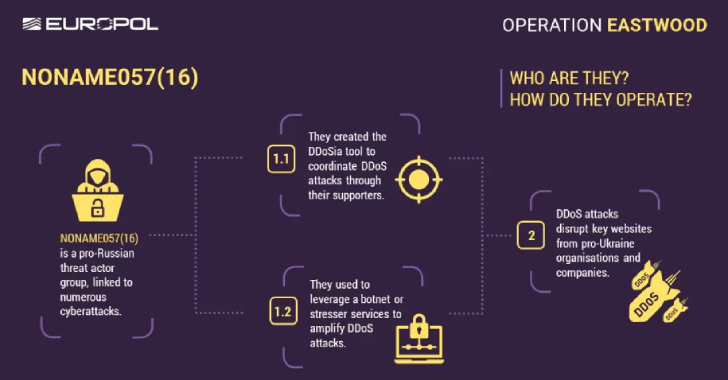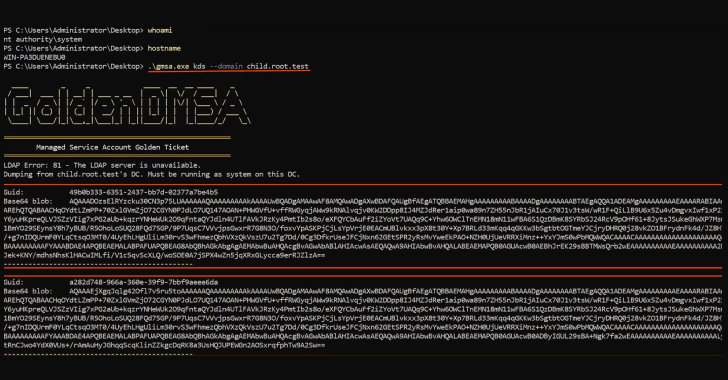Hackers Exploit Apache HTTP Server Flaw to Deploy Linuxsys Cryptocurrency Miner
Cybersecurity researchers have discovered a new campaign that exploits a known security flaw impacting Apache HTTP Server to deliver a cryptocurrency miner called Linuxsys. The vulnerability in question is CVE-2021-41773 (CVSS score: 7.5), a high-severity path traversal vulnerability in Apache HTTP Server version 2.4.49 that could result in remote code execution. “The attacker leverages










